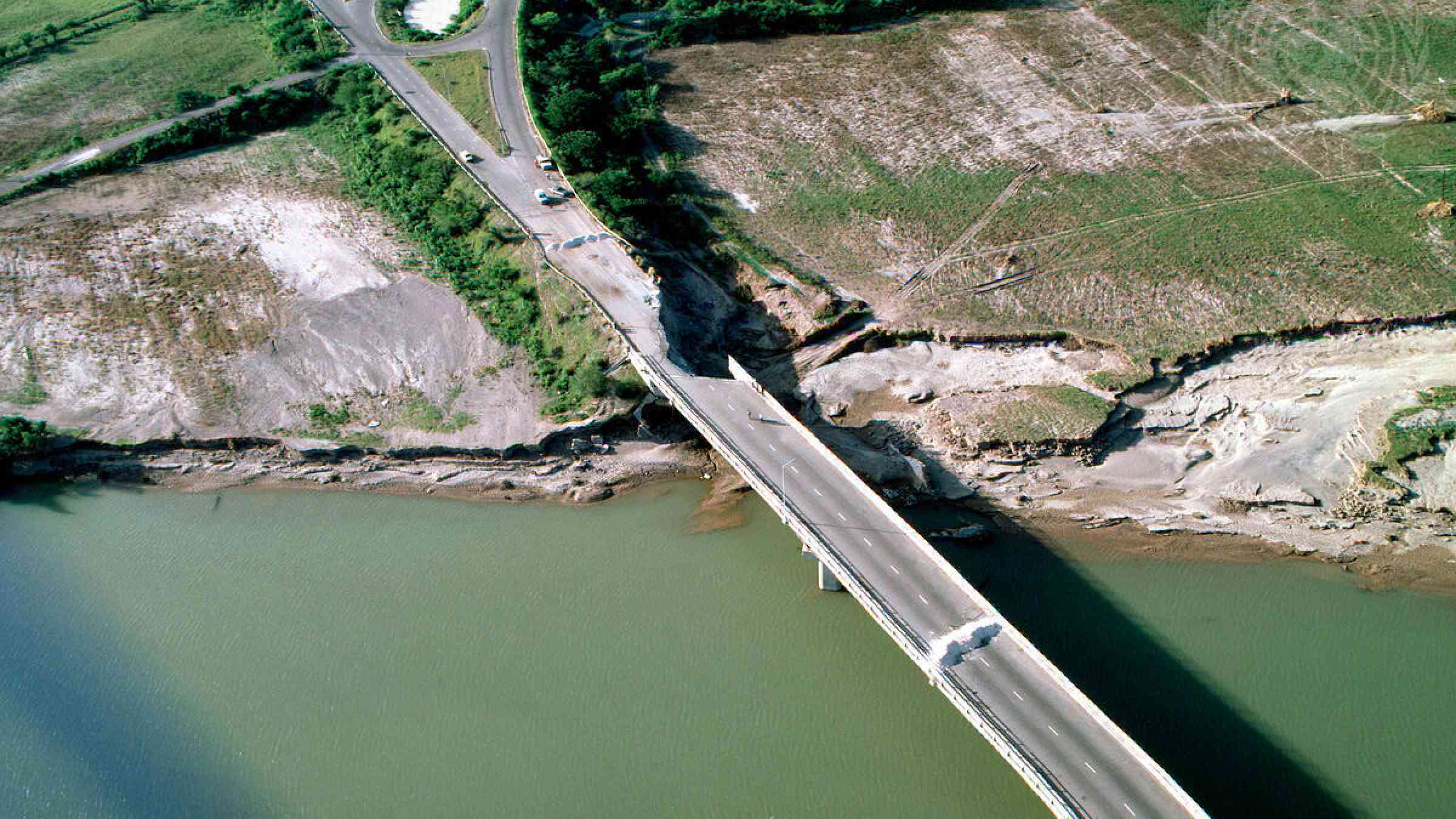Accelerating Financing for Risk Prevention
The COVID-19 pandemic has exposed how under-prepared governments are to tackle the systemic nature of risk and how prevention and resilience is under-prioritized and underinvested in. As the reality of climate impacts hit, we will continue to face losses from disasters, where vulnerable groups are expected to be most affected.
Political leaders are today faced with an increasingly tight fiscal space and existential dilemmas over whether to allocate scarce public resources to immediate relief or to invest in a more inclusive sustainable recovery. Development finance in the era of COVID-19 recognizes the value of investing in ex-ante disaster risk reduction to bridge the short term with the long term, whilst addressing climate change and ensuring overall sustainability. But such an investment requires a fundamental shift in mindset across both the public sector as well as investment and financial sectors. A move to long term thinking, considering current and future risks, is required to achieve risk-informed and sustainable development pathways.
This High-Level Dialogue will identify options for enhancing inclusive financing for prevention. It will discuss and unpack the ‘Think Resilience’ financing approach as a necessity in all public, as well as private sector investments.
Session objectives
- Share experiences and showcase opportunities for enhancing financing for prevention especially in Small Island Developing States (SIDS), Least Developed Countries (LDCs), landlocked developing countries (LLDCs) and most vulnerable countries, with focus also on gender dimensions.
- Demonstrate opportunities for risk informing sustainable development financing strategies and for mainstreaming disaster risk reduction into investment decision frameworks.
- Discuss opportunities to scale up advocacy on the full costs and impacts of disasters.
- Identify opportunities for strengthening the effectiveness of investments and enhancing access to finance for prevention and risk reduction at local and community level.
Moderator
- Russell Isaac - Professional moderator, World Broadcast Unions
Speakers
- Armida Alisjahbana - Under-Secretary-General of the United Nations and Executive Secretary of ESCAP, Economic and Social Commission for Asia and the Pacific
- H.E. Zainab Shamsuna Ahmed - Minister of Finance, Nigeria
- Olaya Dotel - Vice Minister of Economy Planning and Development, Dominican Republic
- H.E. Igor Driesmans - Ambassador to ASEAN, European Union
- Sean Kidney - CEO, Climate Bonds Initiative
Experience this event
Watch the session
Documents
Learn more
Read this section to learn more about the topic of financing for risk prevention, ensuring you come prepared to the session.
Where do we stand?
Key challenges include:
- Unprecedented debt accumulation amidst the ongoing COVID-19 pandemic
- Vicious cycle of disaster-response-recover-repeat due to lack of ex ante investment in resilience
- The true costs of climate change, crisis and disaster are not fully accounted for or known
- Negative impacts are often disproportionately borne by marginalized groups as disasters impact people differently
At the same time, risk prevention financing presents opportunities, notably:
- Improving the effectiveness of risk prevention investments through better inclusiveness and access to funds at local and community level.
- Better understanding of investment impacts through strengthened assessment and tracking of investments and accountability systems
- Better use of climate risk and vulnerability assessments, as well as evidence and data of climate impacts, help demonstrate the need for early risk prevention measures as well as comprehensive insurance coverage
- The possibility for international ratings agencies and major creditors to shift towards a sustainable business model by considering investments in risk prevention or adaptation.
Session guiding questions
- What challenges prevent investment in risk prevention both in public and private portfolios? How do investment challenges differ between national, local and community level?
- What opportunities and good practices and mechanisms exist for making risk-informed investments? Who are the emerging key players in this field?
- What are the key steps for putting in place a common vision towards increasing risk prevention investments?
- How can we ensure that investments in prevention support the and benefit the most vulnerable, including women?

Agenda
Location
BNDCC 1-Ground Floor
Online access
Interpretation
AR, EN, FR, RU, ES, ZHDetails
Contact
Abhilash Panda, [email protected] Rosalind Cook, [email protected] Iria Touzon Calle, [email protected]